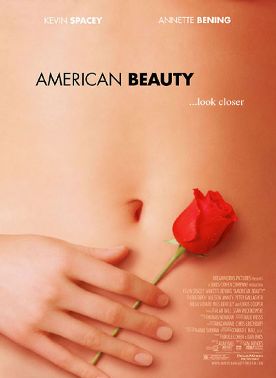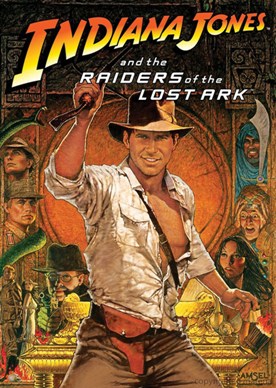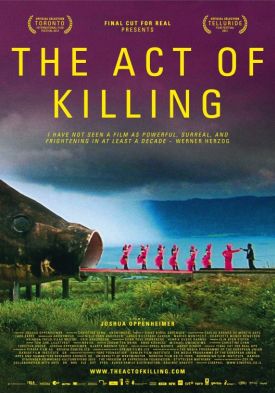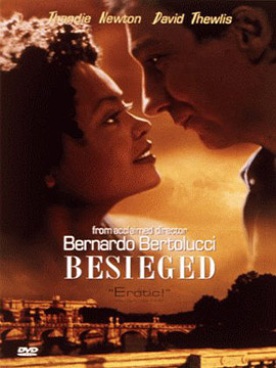American Beauty
Follow your bliss, middle-aged America! Quit your job, speak your mind, buy that muscle car you’ve always wanted. Start smoking pot again. Buff up and start an affair with a teenage girl. You may die for it, but you will die happy. Where have we heard this before? Periodically, the popular culture becomes receptive to the repetition of this familiar message. The baby boom generation never seems to run out of mid-life crises because, deep down inside they really believe that the purpose of life is not duty or honor, serving God or their fellow man, but simply being happy. And, as periods of unhappiness are inevitable in life, they feel a weird and paradoxical guilt about such unhappiness—guilt from which they rouse themselves to the renewal of adolescent self-indulgence virtuous pleasure-seeking with the help of movies like American Beauty.
Kevin Spacey, whom I find more and more irritating every time I see him, plays Lester Burnham, a 42-year-old employee of an advertising trade magazine whose voiceover narration slaps us in the face with self-pity from his very first self-introduction. To begin with, he’s going to be dead in less than a year, he tells us. In typical po mo fashion, the film, written by Alan Ball and directed by Sam Mendes, is blithely unconcerned with the logical problem of how a dead man can be telling us his story. The boundaries between death and life are treated as permeable throughout. He then goes on to describe his loveless marriage to cold, grasping, passionless Carolyn (Annette Bening) and says that jerking off in the shower in the morning is going to be “the high point of my day.”
What jolts him out of his miserable existence is that boomer El Dorado, the promise of perpetual youth. He gets the hots for his teenage daughter’s friend and cheerleading colleague, Angela (Mena Suvari) and starts to get in shape after having let himself go; he also meets Ricky (Wes Bentley), the strange boy next door who is stalking the same daughter, Jane (Thora Birch), with a video camera. Ricky, he learns, is a drug dealer who turns him on to pot-smoking again. Ricky also sets an example, which Lester soon follows, of liberating insouciance by saying, in effect, “Take this job and shove it.” Lester, already silly with the drug, says: “You just became my personal hero.” Soon not only are he and Ricky the best of friends, but Ricky is screwing sullen and unattractive Jane and instructing her in his decidedly weird philosophy of life’s “beauty.”
The great flaw in this happy scene is Ricky’s father (Chris Cooper), a Marine colonel and standard Hollywood caricature of the military personality. The colonel is both stupid and brutal, the sort of man who beats his son, ignores his almost catatonic wife (the hang-dog Allison Janney) and watches old Ronald Reagan movies on TV. Though he freely spouts “homophobic” hatred and bigotry about the gay couple who live on the other side of the Burnhams, it turns out—get this!—that he is a severely repressed homosexual himself. Didn’t you just know it? This character is the film’s representative of what he calls “rules, structure, discipline” and the view that “you can’t just do what you want in life.” Naturally, he is one of the prime suspects in what the film has already advertised as poor Lester’s murder. A guy like the Colonel just can’t stand to see anybody enjoying himself.
Not that there is any shortage of candidates for the job as assassin of Lester’s reawakened bliss. Carolyn the control-freak, having been re-awakened to passion herself by an affair with unctuous Buddy Kane (Peter Gallagher), her competitor in the local real-estate business, keeps fingering her newly-acquired handgun while repeating “I refuse to be a victim”—the mantra of the motivational tape on “me-centered living” she keeps in her Mercedes SUV. Even Ricky, who once spent a couple of years in a psycho-ward for almost killing a school-mate who made fun of his haircut, offers to kill Lester at the behest of his lady-love, Lester’s spoiled and bratty daughter. Jane hates him for being unhappy just as the Colonel hates him for being happy.
We begin to see that Lester is just too good for this world, the kind of guy from whom Carolyn fails to learn of their comfortable suburban existence that “this isn’t life; this is just stuff.” Inured as I am to the perverseness of so many of my fellow-critics, I still manage to find myself astonished by the outpouring of critical praise that has greeted this appalling paean to self-pity. Such a reception suggests that even those who are not themselves devotees of the baby-boom gospel of perpetual adolescence like to savor the imagery and the taste and the sound of it, like the unforgotten pop-music kitsch they listen to on the “oldies” stations, as the nearest thing they have known to real spiritual fulfilment. It genuinely is, as Ricky says of his repressed and twisted old man, very sad.
Discover more from James Bowman
Subscribe to get the latest posts to your email.







